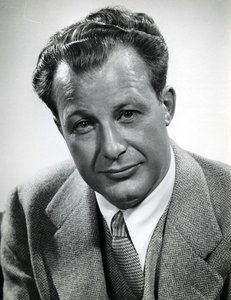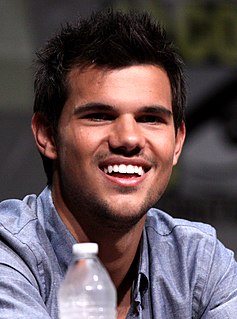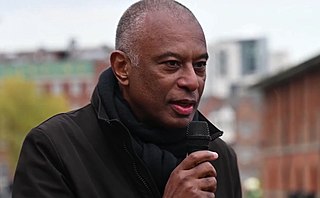A Quote by Holly Black
'Twilight' passed like a fever through the sophisticated reader and the unsophisticated reader alike. People devoured those books in single sittings, over weekends, with a kind of raw intensity that is rare.
Related Quotes
In my couple of books, including Going Clear, the book about Scientology, I thought it seemed appropriate at the end of the book to help the reader frame things. Because we've gone through the history, and there's likely conflictual feelings in the reader's mind. The reader may not agree with me, but I don't try to influence the reader's judgment. I know everybody who picks this book up already has a decided opinion. But my goal is to open the reader's mind a little bit to alternative narratives.
I think of myself primarily as a reader, then also a writer, but that's more or less irrelevant. I think I'm a good reader, I'm a good reader in many languages, especially in English, since poetry came to me through the English language, initially through my father's love of Swinburn, of Tennyson, and also of Keats, Shelley and so on - not through my native tongue, not through Spanish. It came to me as a kind of spell. I didn't understand it, but I felt it.
Every reader, as he reads, is actually the reader of himself. The writer's work is only a kind of optical instrument he provides the reader so he can discern what he might never have seen in himself without this book. The reader's recognition in himself of what the book says is the proof of the book's truth.
It's great that there are so many different kinds of books for kids and adults to choose from. I think an eclectic reader is the best kind of reader to be, which would be why I was always so satisfied to hear that kids read the Baby-Sitters Club books and then went on and discovered other authors and other genres.
If you are reading in order to become a better reader, you cannot read just any book or article. You will not improve as a reader if all you read are books that are well within your capacity. You must tackle books that are beyond you, or, as we have said, books that are over your head. Only books of that sort will make you stretch your mind. And unless you stretch, you will not learn.
We shall not attempt to give the reader an idea of that tetrahedron nose-that horse-shoe mouth-that small left eye over-shadowed by a red bushy brow, while the right eye disappeared entirely under an enormous wart-of those straggling teeth with breaches here and there like the battlements of a fortress-of that horny lip, over which one of those teeth projected like the tusk of an elephant-of that forked chin-and, above all, of the expression diffused over the whole-that mixture of malice, astonishment, and melancholy. Let the reader, if he can, figure to himself this combination.






































